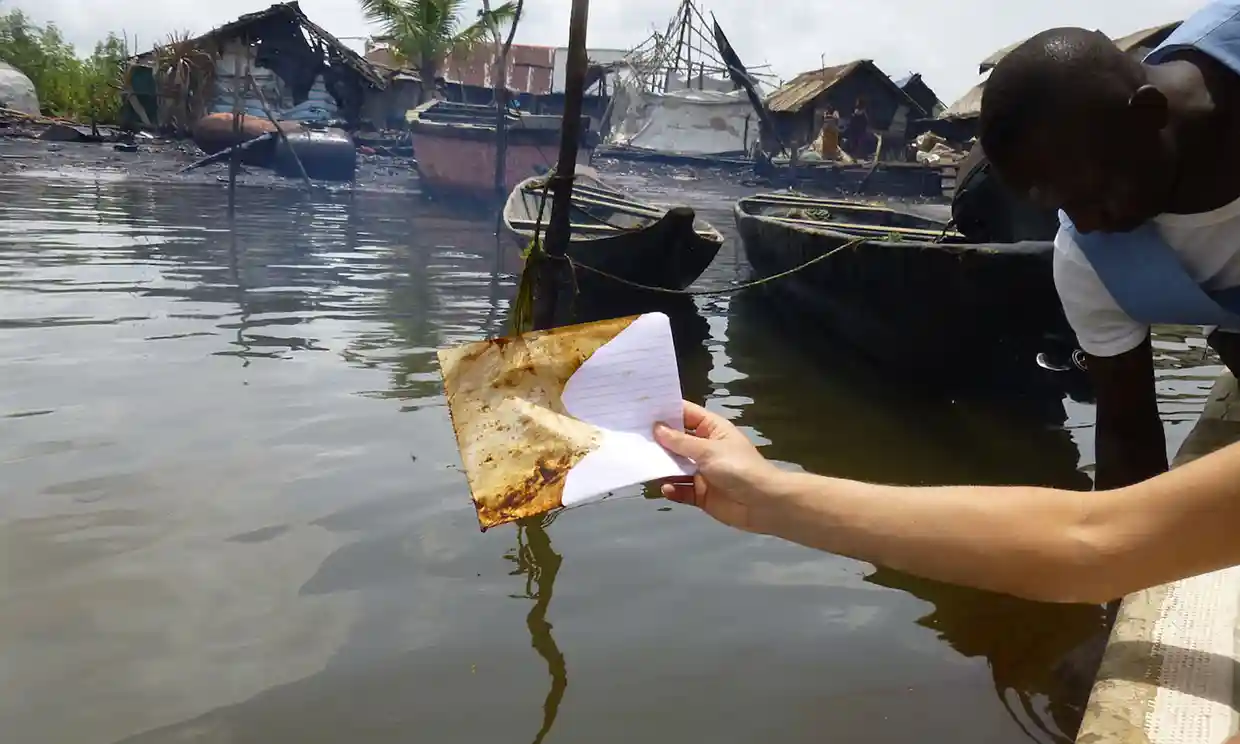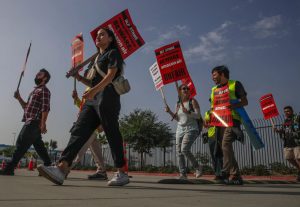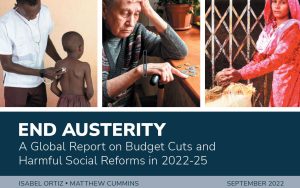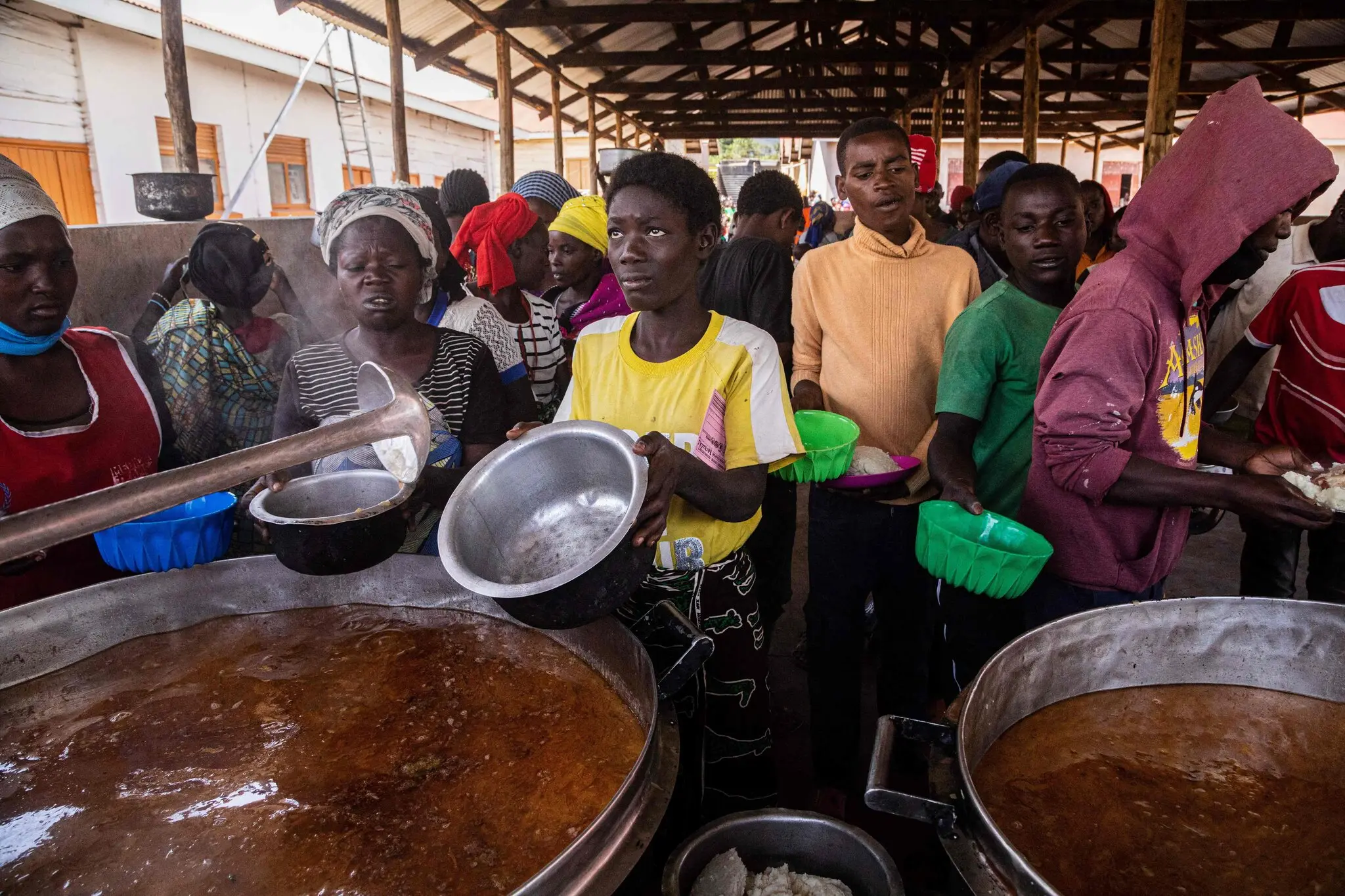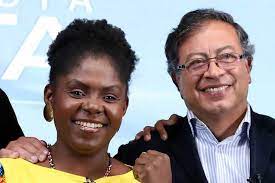The case of environmental pollution and resulting livelihood losses in Nigeria is a striking example of the impact of corporate activities on local communities. The legal battle launched by nearly 14,000 residents of Ogale and Bille against Shell brings to light the devastating effects of oil spills from the company’s operations. The affected communities have suffered severe damage to their ability to farm and fish, which has taken away their sources of income and livelihoods. In addition to demanding that…
Category: Structural Violence
Structural violence refers to systematic and normalized social, economic, and political oppression of vulnerable populations. Structural violence includes income inequality, racism, homophobia, anti-Semitism, Islamophobia, sexism, ableism, and other means of social exclusion leading to stress, poverty, trauma, crime, incarceration, lack of access to care, healthy food, and physical activity.
Those in power typically benefit from structural violence. As a rule, they will cling to their power at all costs, including through physical violence to preserve or enact systemic changes that reinforce power divides. We live within systems that are expressly designed to reinforce social disparities.
Poverty and Exploitation in Jobs, Housing, Banking
Desmond describes the structural role of exploitation in the persistence of poverty in the USA – that is also highly relevant to poverty globally. While we try to promote programs to aid the poor, ‘we have not confronted the unrelenting exploitation of the poor in the labor, housing, and financial markets,” This simply means that we underpay the poor relative to the value they produce and overcharge them relative to the value of what they purchase. Such exploitation is endemic…
Violence and Sexual Harassment Against Women in Health Professions
Women make up 70% of the health care workforce worldwide. Sadly, female health care workers are faced with sexual exploitation, abuse, and harassment (SEAH) at work every day perpetrated by male colleagues, male patients, and male community members. Oftentimes, SEAH experienced by women in the health sector goes unreported, unrecorded, and unpunished. In 2022, Women in Global Health (WGH) launched its #HealthToo platform to raise awareness and drive accountability for SEAH by enabling women to tell their stories anonymously. Learn…
‘Every chemist has a backroom’: the rise of secret Female Genital Mutilation in Kenya
In 2011, Kenya passed laws to decrease the rates of female genital mutilations (FGM), by imposing hefty fines on its practitioners, and increasing surveillance and enforcement. But the recent medicalization of FGM is posing a new challenge for the east African nation, which has a 15% medicalization rate: one of the highest in Africa. In Kisii county, FGM medicalization is standard. Two out of three cases of female genital cutting are performed by health practitioners, in contrast to much of…
[BOOKS] on Structural Violence
Structural violence refers to the social, economic, or political harm ingrained in the underlying systems and structures of a society, causing long-term suffering and disadvantage for certain groups or individuals. Here are some suggested books on the topic: “Violence: Reflections on a National Epidemic” by James Gilligan (1997) Gilligan, a psychiatrist and expert on violence, explores the roots of violence in society, shedding light on the structural factors that contribute to its prevalence. This book is essential for understanding…
Food insecurity is driving women in Africa into sex work, increasing HIV risk.
There are many underlying causes that can reduce the burden of HIV if addressed timely. HIV can be spread through blood, semen, vaginal fluid, breast milk, and other body fluids. Among the possibilities are: Sexual contact with someone who has the HIV virus without using a condom A needle exchange or syringe exchange that results in an infection When an HIV-positive mother gives birth to a baby or breastfeeds Persons who exchange sex In Sub-Saharan Africa, food insecurity forces women…
Post-Pandemic Austerity Shock worldwide – Reliefweb Report
Isabel Ortiz and Matthew Cummings of ReliefWeb estimate that 85 per cent of the world’s population will live in the grip of post-pandemic austerity measures by 2023 – and likely to continue until at least 2025, when 75 per cent of the global population (129 countries). Currently, 143 countries – including 94 developing nations – are implementing policy measures that undermine the capacity of governments to provide education, healthcare, social protection and other public services.
U.N. Faces Record Humanitarian Aid Shortfall — but Not for Ukrainians
Important article about a just published UN report that describes the structurally racist responses to global humanitarian crises. Farnaz Fassihi reminds us that as war, global heating/drought, COVID-19, and longstanding structural violence have grossly increased the need for global humanitarian assistance, the responses from the US, Europe, and Japan has focused on Ukraine at the expense of non-white countries of the Global South. Rich countries have exceeded the requests for Ukrainian needs but raised less than a third of the…
Election of activist presidential team to combat structural violence in Colombia
Colombia just elected Gustavo Petro as the country’s first leftist president and environmental activist Francia Márquez Mina as the country’s first Black vice president. They have promised social and environmental justice and peace. Their proposed platform includes universal health care, public education and banking, and rejecting proposals to expand fracking and mining in favor of investing in clean energy, and land reform. And they want the 4,000 richest Colombians – and richest companies – to pay taxes as the rest…
